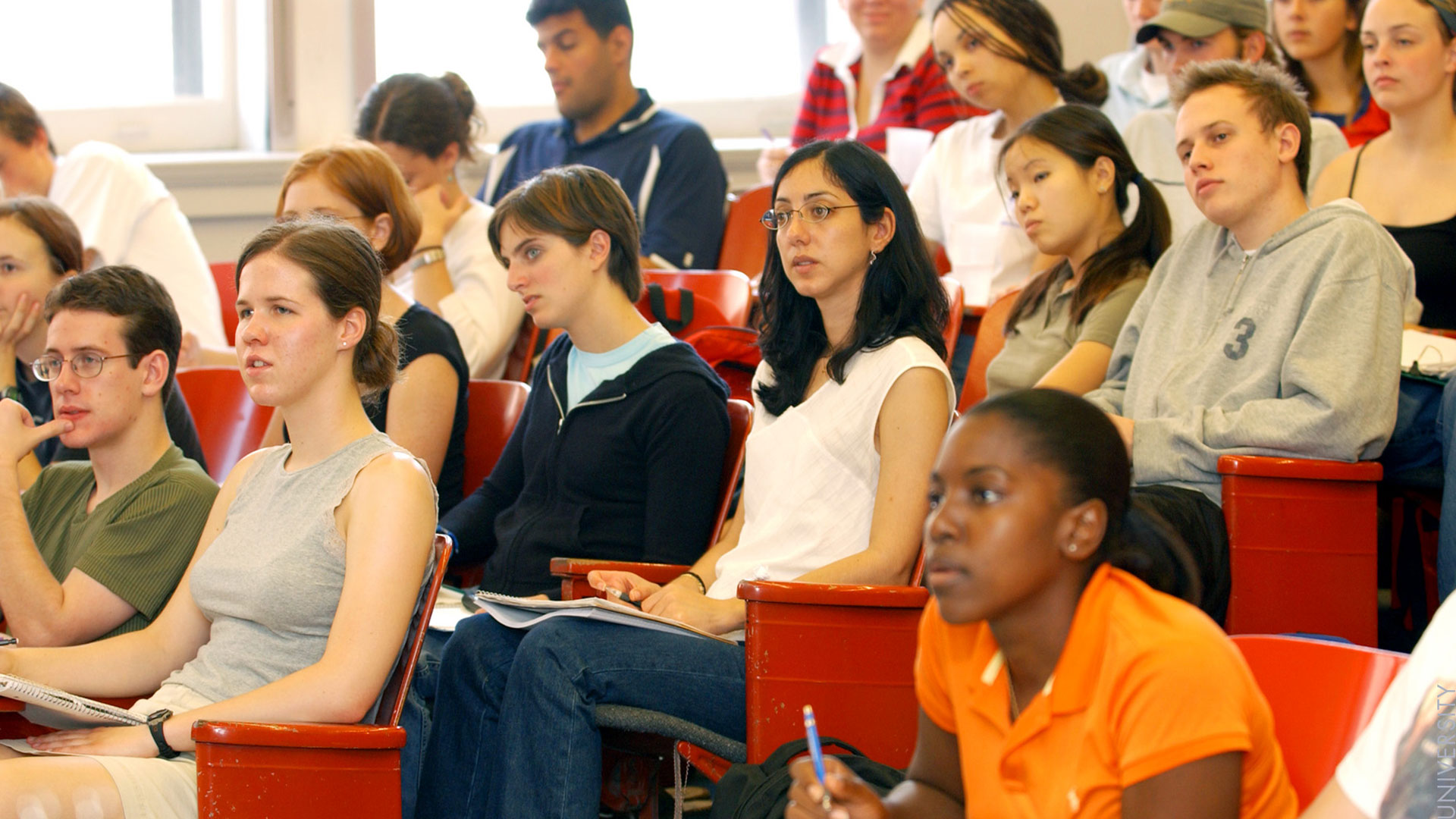Schools are heading back. New pencil cases and clean shoes trudge in through Scottish doors from this week. In just over a fortnight the rest of the Britain will see an end to lazy days chasing Pokemon.
It hasn’t taken long for the debate to start about the future of education. This late summer period frequently fires the starting pistol on leaked papers and quiet briefings about how new brooms can sweep away old policy and usher in an era of greatness. For a while, the Academy system was the great panacea. It would make our system rival South Korea or Finland.
Now, grammar school education is staking a resurgent claim.
Margaret Thatcher was no fan. Tony Blair kicked it into touch. It remained in the wilderness even under David Cameron. However, the indications are that Theresa May will usher in new grammar school policy.
May, grammar school educated, is said to believe it allows for the social mobility of those from poorer backgrounds who wouldn’t normally have an opportunity to excel.
As a product of a grammar school education – a working class boy (on free school meals) – I know of the benefits it brought. The selection process helped me, without question. There WAS social mobility.









